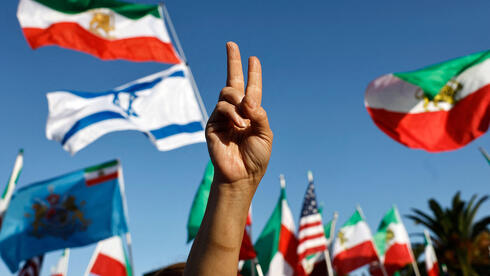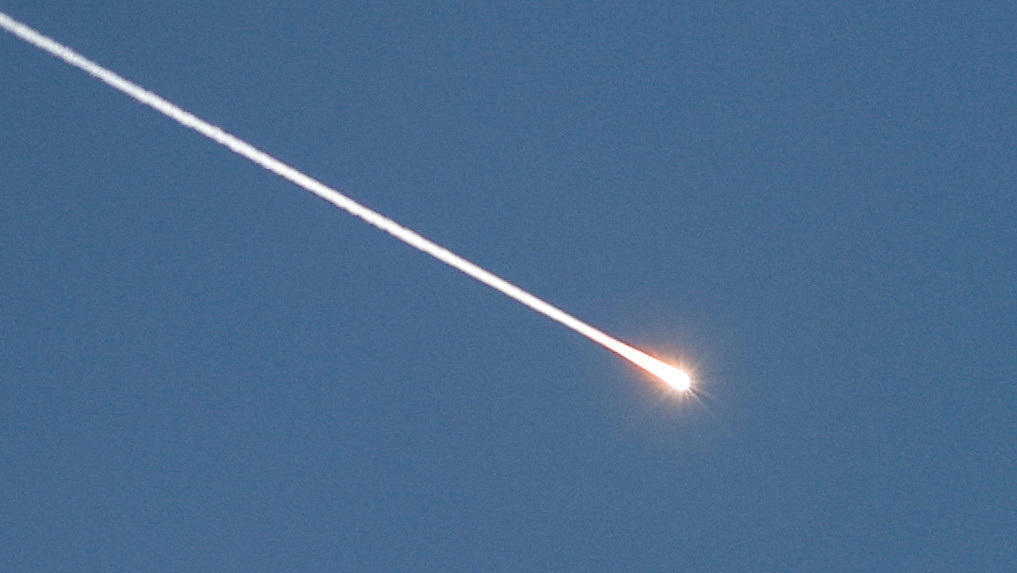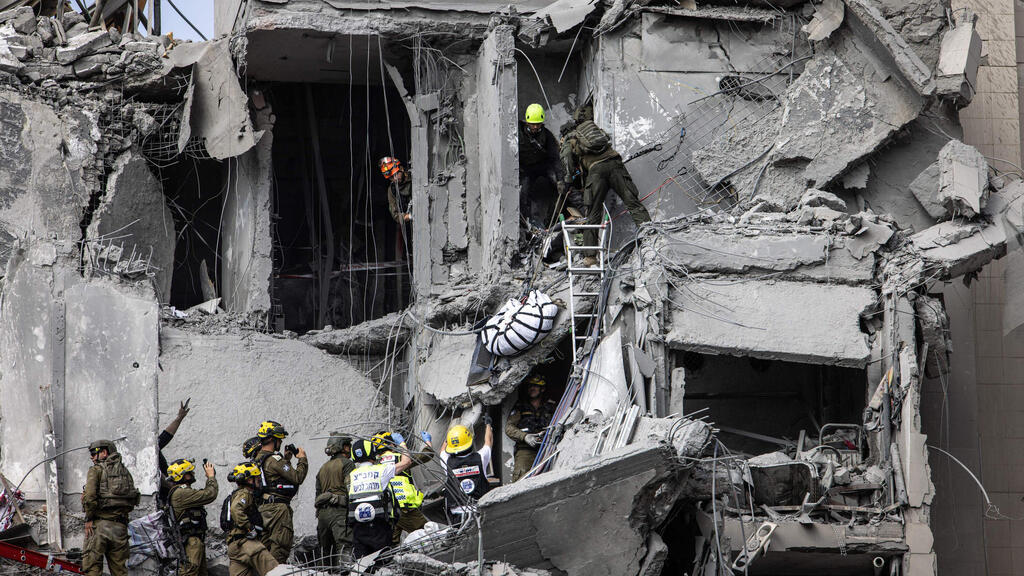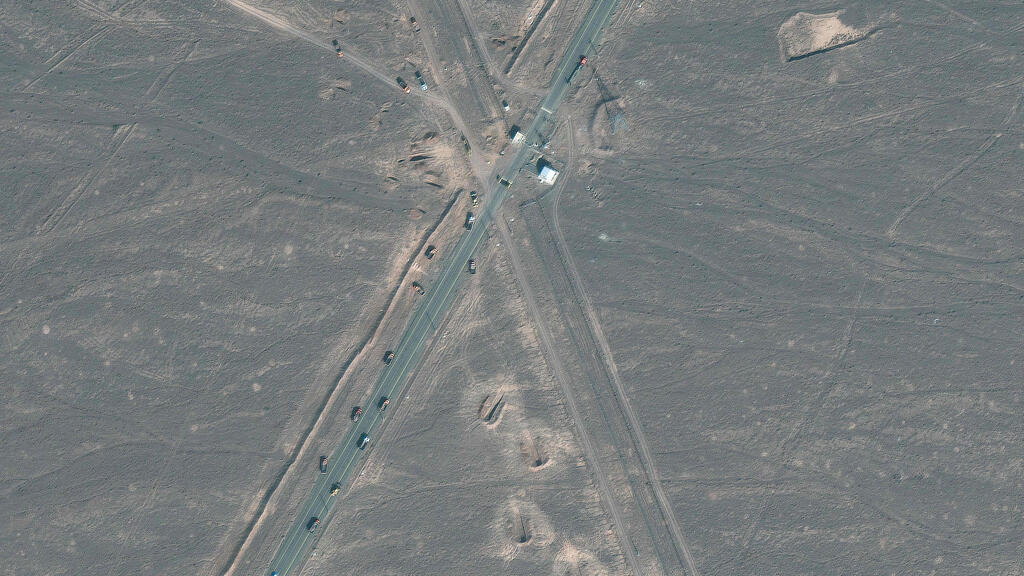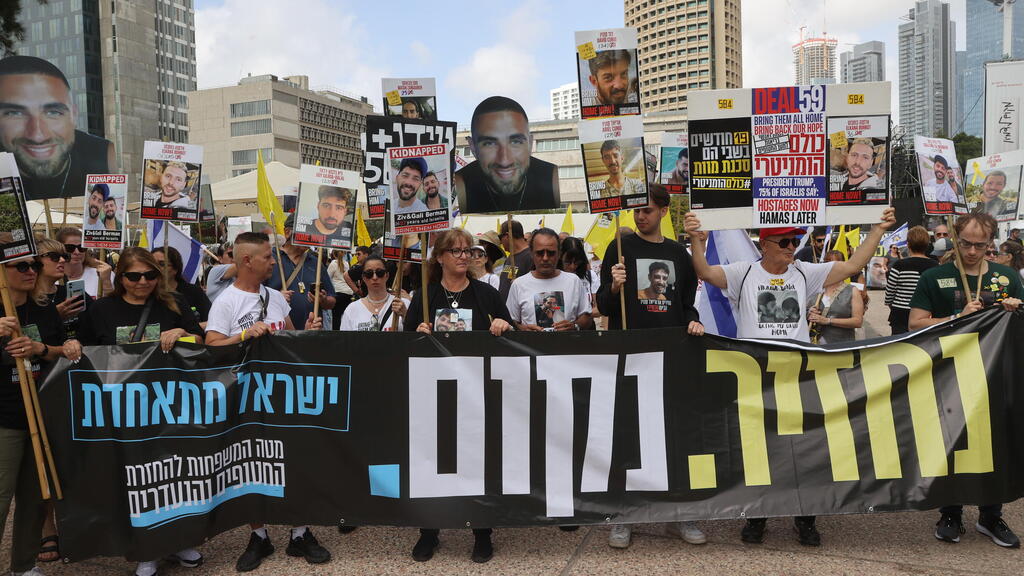While the long-term impact remains uncertain, security officials and analysts agree: the campaign, marked by close coordination with the U.S., unprecedented aerial freedom over Iran and devastating strikes on nuclear facilities, was a turning point in the regional power dynamic.
Some of the major achievements include direct hits on Iran’s fortified underground nuclear facilities in Natanz and Fordow, coordinated Israeli-American operations, the assassination of senior IRGC commanders and nuclear scientists and unchallenged Israeli Air Force strikes deep inside Iranian territory. Just weeks ago, such an outcome seemed unthinkable.
Crucially, the conflict did not escalate into a full-scale regional war. Hezbollah, the Houthis and Iranian-backed militias in Iraq stayed on the sidelines—not, according to Israeli intelligence, due to lack of intent but due to operational constraints. This, officials say, may be one of the most strategically significant outcomes, reinforcing Israel’s status as a central deterrent force in the region.
These failures have sparked renewed calls to accelerate development of next-generation laser interception systems and expand physical protection—such as shelters and fortified rooms—for civilians.
But not everyone agrees with the timing of the ceasefire. National Security Minister Itamar Ben-Gvir, who was involved in decision-making throughout the operation, praised the military gains but said the campaign ended too soon.
“We should’ve continued for several more days—toppled the Iranian regime and cut off Hamas and Hezbollah’s oxygen supply once and for all,” he said.
Security experts warn that Israel’s true challenge now lies ahead. Without a binding agreement or effective inspection mechanisms, Iran is likely to resume its nuclear and missile programs.
“There’s nothing in place to stop them from rebuilding,” said Dennis Citrinovich, former head of the Iranian branch in the IDF’s Military Intelligence Directorate. Without a political agreement, he warned, Israel could be dragged into a prolonged war of attrition—far more costly than any seen in fighting in Gaza or Lebanon.
Some security officials believe Iran may try to circumvent monitoring entirely by purchasing nuclear technology from abroad or forging tighter ties with Russia or China. In that sense, Israel’s long-term success depends not only on the destruction of physical infrastructure but on its ability to maintain strategic dominance.
As part of the ceasefire deal brokered by Trump, Israel agreed to a mutual halt to hostilities. Netanyahu is expected to deliver a statement later on Tuesday. The government’s attention has now turned southward, where officials believe the outcome of the Iran operation may reshape Gaza policy.
With Iranian support stalled, Hamas may find itself increasingly isolated—potentially speeding up prisoner swap negotiations. While Operation Rising Lion is being hailed as a resounding military and diplomatic success, it is not a definitive end.
Without leveraging these gains into a broader political framework and reliable enforcement mechanisms, Israel may face renewed confrontation with Iran—perhaps under less favorable conditions.
For now, officials are allowing cautious optimism. The quiet achieved is a major accomplishment—but a fragile one. The next move lies with policymakers in Jerusalem and Washington.



